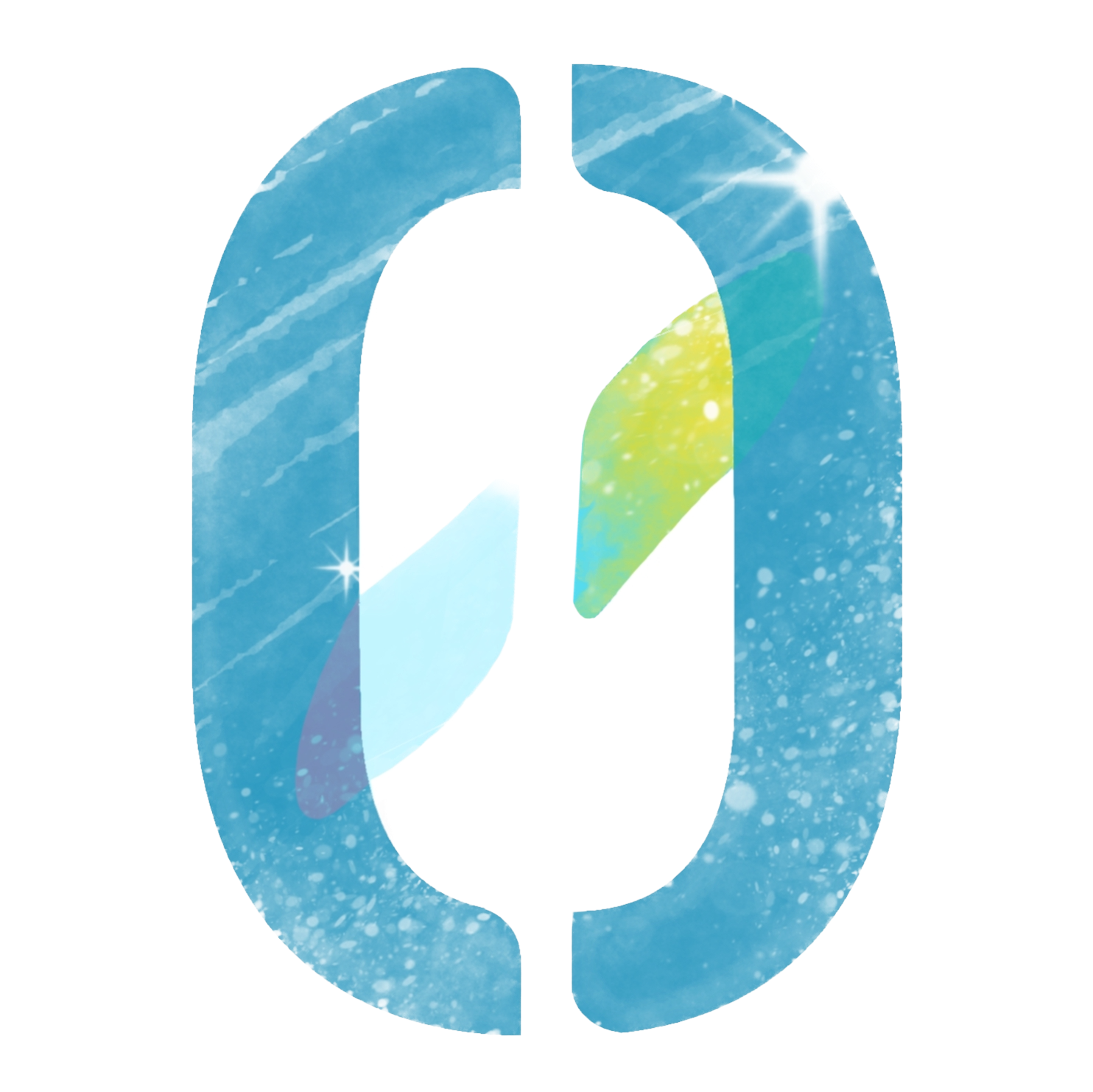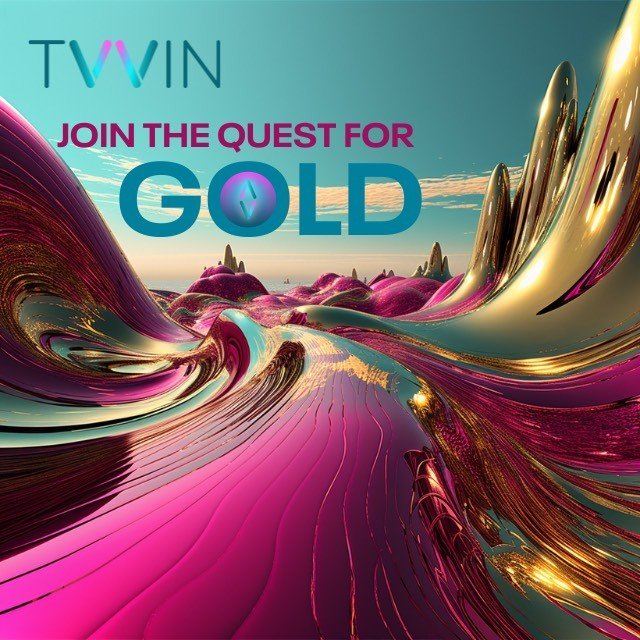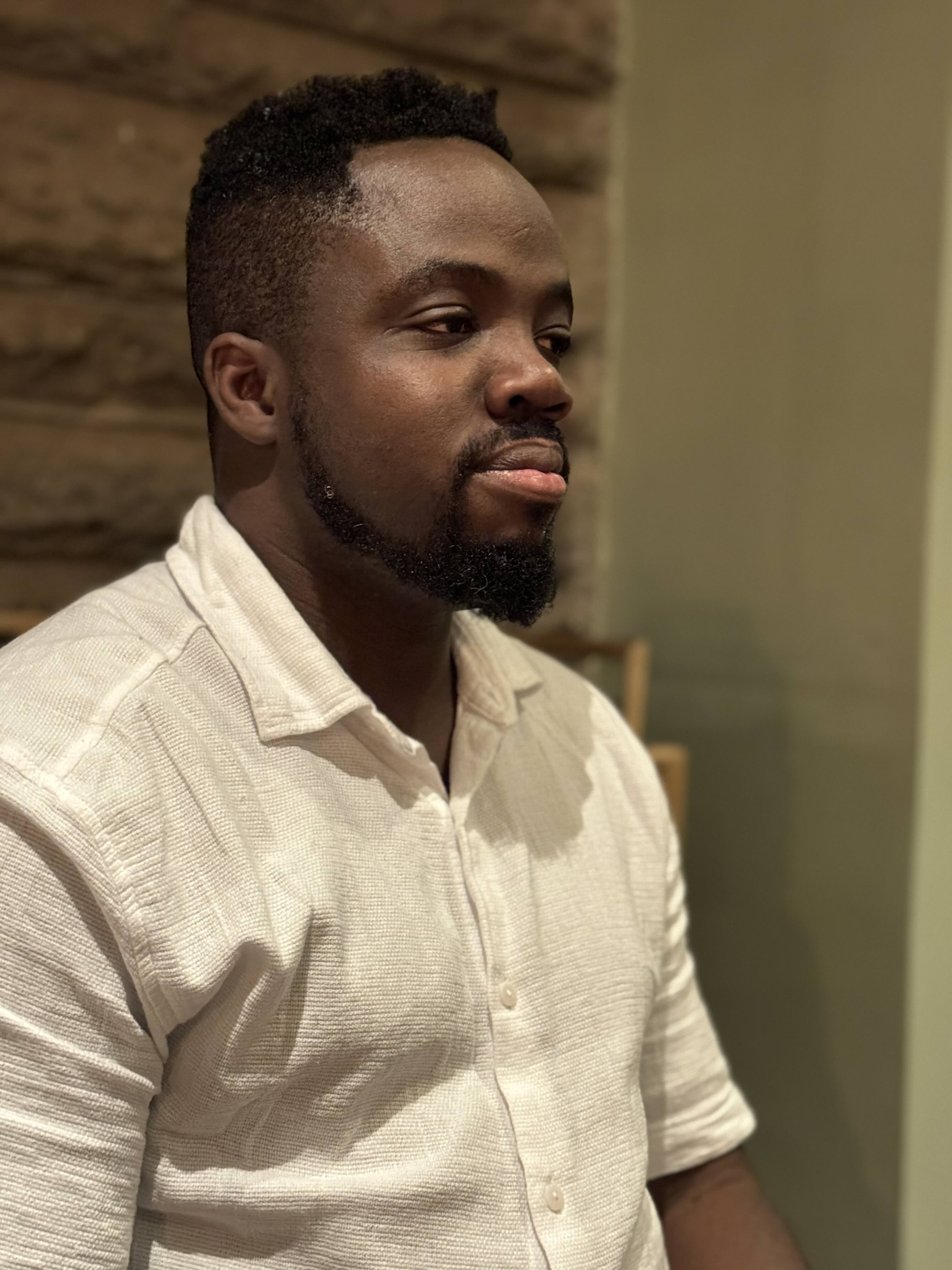 General project Introduction
General project Introduction
This proposal is part of a larger project run by Scott Poynton, the founder of The Pond Foundation, which is focusing on supporting food brands develop sustainable food supply chains focused on human and environmental impact. Scott Poynton is currently working on developing a new supply chain in Ghana, Africa.
The following description starts with a general introduction to the overall challenge with food supply chains and the current focus of the The Pond Foundation project in Ghana and afterwards the opportunity and solution of the Catalyst proposal is described.
Overall challenge
“There are more than 608 million family farms around the world, occupying between 70 and 80 percent of the world's farmland and producing around 80 percent of the world's food in value terms. The new research teases out estimates of farm size: around 70 percent of all farms, operating on just 7 percent of all agricultural land, are less than one hectare.”
[Source: Food and Agriculture Organization of the United Nations: <https://www.fao.org/news/story/en/item/1395127/icode/>]
“The proliferation of global value chains has come with significant power asymmetries between global buyers and local farmers, thus restricting farmers’ ability to reliably access profitable markets, effectively bargain with their trading partners, and diversify and upgrade their income-earning activities”
[Source: Oxfam.org: <https://oxfamilibrary.openrepository.com/bitstream/handle/10546/620596/dp-living-income-smallscale-farmers-151118-en.pdf>]
Family farmers represent the basis of the world food system, and will be crucial to meet this demand. They also have a significant responsibility to ensure the quality of the food that we consume, as the frontline stewards of arable land. Yet, farmers possess a precious pool of knowledge, passed on from generation to generation, that can help agriculture adapt to changing climates or better coexist with fragile ecosystems.
Scott Poynton - Proposal lead background information
Scott Poynton is a social entrepreneur who has spent more than 25 years at the frontier of major, difficult, and highly complex change processes that have helped individuals, organisations and entire industries to change and transform to a different, more regenerative way.
In 1999, he founded The Forest Trust (TFT, now Earthworm Foundation <https://www.earthworm.org/>) to anchor this work. When he stepped aside as CEO at the end of 2015, more than 260 TFT people were cooperating with businesses, communities, NGOs, experts and government officials in 48 countries, working to bring change in more than 20 commodity sectors, impacting the environmental and social responsibility of more than $1 trillion in annual supply chain transactions.
Scott brokered and wrote the world's first No Deforestation, No Exploitation and No Peatland clearance commitments for Nestlé, Golden Agri Resources, Asia Pulp & Paper and Wilmar International as part of mediation processes with Greenpeace, Climate Advisors and others. He pioneered the development of the High Carbon Stock Approach with Greenpeace and Golden Agri. He launched the first ever Pygmy language community radio station in the Congo Basin in collaboration with Congolaise Industrielle des Bois and founded the Centre for Social Excellence to support young Africans to develop the skills to help companies and communities find better paths forward.
Scott led projects that transformed the wooden garden furniture sector, that got the first natural forests FSC certified in the Congo Basin, Laos, and Peninsula Malaysia and the first community forests certified in Laos and Indonesia. He led the project that got more than 4,000 semi-automatic guns, used by forest guards, out of 2 million hectares of forest on the island of Java in Indonesia.
Scott is now leading projects, through The Pond Foundation's My Carbon Zero program, to support companies and individuals to take strong, credible climate action. Through the Foundation's Regen21 program, he is supporting projects to build 21st century regenerative supply chains. And through the Foundation's Share program, he is sharing lessons learned through all these past projects and growing TFT and now The Pond Foundation to scale, with other social entrepreneurs so that they can grow and build their own businesses to create impact, at scale, where they are. And finally, he is supporting the development of a program to inspire kids to learn about the UN Sustainable Development Goals and take their own climate action.
Scott is currently leading a Regen21 project to build a regenerative agricultural supply chain project in Ghana anchored in smallholder farms in the country’s Northern Region.
Ghana Project
In January 2022, WhatIF Foods (whatif-foods.com) became a member of The Pond Foundation. WhatIF Foods is seeking the Foundation’s support to develop and implement a new raw material supply chain within Ghana that supports their mission to source their raw materials from regenerative farming that materially improves the lives of farmers. Regenerative agriculture methods and mindset contributed to soil health, biodiversity, reducing erusions and capturing carbon from the atmosphere. It also includes reducing chemical fertiliser and considering farmer and consumers health. It is all part of the 21st century supply chain.
Read more about WHatIF foods mission here: whatif-foods.com/pages/about
Before joining The Pond Foundation, WhatIF sourced 50 metric ton of the raw material Bambara Groundnut from Ghana. As part of the partnership with The Pond Foundation they are increasing their demand and by 2023, WhatIF needs 10,000MT of the raw material Bambara Groundnut from Ghana.
Ghana project Current status
In Dec 2021, WhatIF and The Pond Foundation undertook a preliminary visit to the Tamale region. The team visited seven communities to meet farmers and investigate the current supply chain. The visit identified clear opportunities to disrupt the current supply chain that would deliver greater financial benefits to supplying farmers and support implementation of regenerative practices.
There are four key pillars in The Pond Foundations work to support building the new supply chain: Commercial; R&D, Outreach and Technology. Separate teams will assemble to deliver each pillar.
The Commercial team will build the streamlined supply chain infrastructure, procure, and distribute seeds, support the farmers through the growing season and procure the resultant crop. The R&D team will bring agricultural system research to support yield increases, regenerative agriculture uptake, crop protection and storage. The Outreach team will support understanding of the current community socio-economic infrastructure, extension of R&D knowledge including on regenerative agriculture, and monitoring of ongoing socio-economic developments within the project partner villages.
The Technology team will provide data gathering and analysis software and hardware to support ongoing monitoring and evaluation of the intervention’s impact and effectiveness. The Pond Foundation’s role is to coordinate the four teams into a coherent whole that delivers regenerative and farmer supported Bambara Groundnut raw materials
Update from a field visit, Scott Poyton, March 5, 2022:
“My week consisted of three field days which were long, dusty, hot but terrific. We visited 15 communities in all, meeting the Chiefs and then speaking with the communities. There were many questions about our ideas and intentions and much positive engagement. This was quite uplifting.
One thing that we're going to have in the coming weeks is a list of farmers who have registered their interest in joining the program. We don't know the final number yet, but my guess is that it will be close to 1,000.
Altogether, we visited 25 communities and we've been asked for more forms in many of them so this is giving me a sense we're getting good interest.”
Collaboration with Catalyst Community
The above introduction is important to understand the challenge and opportunity. Anyone that is familiar with agricultural supply chains in developing countries will probably find the setting an exciting opportunity to build a model that works from the ground up. Working with The Pond Foundation to investigate the size of the opportunity to do Nation building Dapps and infrastructure is unique:
- A very experienced and renowned project owner
- Already “boots on the ground” in Ghana
- Connection to a corporate buyer
- A supportive catalyst team, including local WADA members
In this proposal we are aiming to use this unique collaborative opportunity to research and test how decentralised technology can support and accelerate prosperity within poor nations with less basic social support.
The proposed solution
This proposal is focused on working together with Scott Poynton, The Pond Foundation and the Ghana project through key activities, to do research, test potential solutions and deliver a proposal for an end-to-end solution to support and scale the new 21st century supply chain. The end-to-end solution will be based on the use case in Ghana, but should be available and applicable for other locations as well.
Key activities
The following are key activities for the team of this proposal to succeed:
- Analyse the farmer community situation - this phase is already in progress by Scott and a local team in Ghana and will continue until June
- Build trust with the farmers - this phase is already in progress by Scott and a local team in Ghana and will be ongoing work
- Understand the role and incentives of the facilitators who support farmers - Scott already started this phase.
- Gather farmer information - this phase is just initiated by the “farmer form” to join the program (when we speak about the farmer information it will include: basic personal info, farm details, crops details, production details, input serviced needed, traders network)
- How to connect and align the ecosystem stakeholders; farmer, facilitator, aggregator, processor, brand and consumer around supporting a common mission.
The research
As within academia, research questions are the starting point for knowledge creation. As a foundation for the research the following research questions, to be answered, have been defined: How can decentralised technology…
- ..accelerate farmers to organise around a shared goal?
- ..make farmer organisations’ work more efficient?
- ..help scale the number of engaged farmer communities?
- ..enable governance structures to increase empowerment through ownership?
- ..be used to build a framework for structured collaboration between farmer organisations and stakeholders with the ecosystem supply chain?
- ..be used to deploy and manage value i.e. capital, goods, documentation between ecosystem stakeholders to increase efficiency?
- ..incentivise the global supply chain and farmer expert community to support the ecosystem stakeholders with knowledge?
- ..facilitate raising price competitive funds for community startup costs?
- ..facilitate emotional connection between all ecosystem stakeholders to build an ecosystem supporting each other in a shared mission?
Potential solutions
Potential technology tools required to support the work on the ground. Some key technology models that will be evaluated includes:
- Atala Prism DID - already 1000 farmers showed interest to participate in the program and we can design the model for them
- Open ledger database - where farmer information is accessible for ecosystem players, based on permissions. This will probably be a central model based on which many other dApps could be developed. For example:
- Microfinance and micro insurance
- Food certifications
- Supply chain traceability
- Farmer financial management dApp
- Benchmark
- Facilitator dApp to interact with the farmer, provide them value and gather information
- Farmer (or farmer group) financial infrastructure - wallets and ability to use funds within others players on the platform
- Farmer (or farmer group) economic ledger - farmer cash flow statement, revenue and expenses that will help to better manage funds as well share it
- Farmer practices model
- Supply chain models
This proposal is targeting one of the biggest issues we have in the 21st century.
“Agriculture in the 21st century faces multiple challenges: it has to produce more food and fibre to feed a growing population with a smaller rural labour force, more feedstocks for a potentially huge bioenergy market, contribute to overall development in the many agriculture-dependent developing countries, adopt more efficient and sustainable production methods and adapt to climate change.”
[Source: Food and Agriculture Organization of the United Nations: www.fao.org/fileadmin/templates/wsfs/docs/Issues_papers/HLEF2050_Global_Agriculture.pdf]
The proposed end-to-end solution will be the foundation which will enable the next phase of building the dapps as building blocks for the agricultural farmers within poor nations and thereby increase dapp usage on Cardano, to start with in Ghana, later in multiple other locations together with the WADA organisation and the international renowned The Pond Foundation.
Blockchain technology and Cardano could support transparency and traceability of information and build trust between ecosystem players. It will enable the project to create new models between farmers and brands & consumers, it will also help more efficiency of agriculture practices as well as better access for services such as micro insurance and micro finance
The potential of social and financial inclusion together with economic development is very high since it is the core premise of the whole proposal to solve and scale this.
For this proposal we do not see major challenges. One key potential challenge is to build an initial trust with farmers and connection to local community leaders and the communities themselves. This work has started and is ongoing with already positive indications with more than 1,000 farmers registering their interest in The Pond Foundation-WhatIF Foods project.
Additional challenges could be around adapting the solution to local culture but WADA will support in mitigating it with local teams on the ground. However, the challenge could be understood by team members not based in Ghana, this is why Magnus who is heading product will join Scott in one of his field trips.




